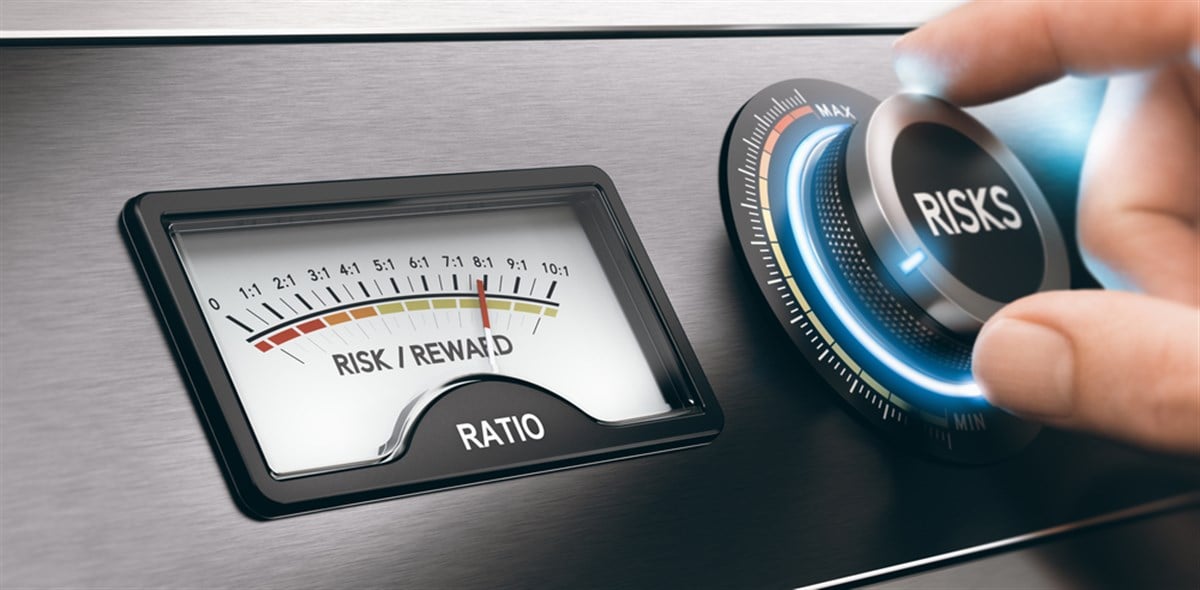
Micro-cap stocks are typically categorized as companies with market capitalizations between $50 million and $300 million. However, it’s not a hard-and-fast rule. Many small stocks can fluctuate massively in price over a short time. This can put their value inside or outside that range on a given day.
Picking micro-cap stocks can yield massive returns but can also be extremely risky. For example, when NVIDIA (NASDAQ: NVDA) went public in 1999, the company had a market capitalization of $279 million. Holding that investment from then to now would have generated a total return of over 300,000%. In other words, a $10,000 investment in 1999 would have turned into over $31 million.
However, micro-caps can also result in shareholders losing all of their investments. SunPower (NASDAQ: SPWR) is a recent example of this. The company traded in the micro-cap range for several weeks before the NASDAQ delisted it on Aug. 16. It filed for Chapter 11 bankruptcy and is now worth nothing.
Below are three micro-cap stocks with significant potential and significant risk. They sit within or just outside the $50 million to $300 million market capitalization range.
Can Rent the Runway Get Back on Its Feet?
Rent the Runway (NASDAQ: RENT) made a strong name for itself as one of the first entrants into the clothing rental space. The company allows customers to rent uber-expensive designer clothing, costing them much less than buying it outright.
It is improving its financial situation and expects to break even on cash flow this year. However, subscribers to its service are declining as competitors are seeing massive growth.
The rapid expansion in subscribers for competitor Nuuly shows that there is growth to be had in this market. Rent the Runway’s valuation is extremely low, but reinvigorating growth is essential to its long-term success. In August, the company saw a 20% increase in orders in its “reserve” segment, which helped create a flywheel effect to attract more monthly subscribers.
Additionally, the company says the improvements in its website have “almost doubled checkout completion rate compared to the first half of the year.” This means customers are buying products more often rather than leaving them in their cart. Lastly, the company hired a new Chief Marketing Officer in March to reignite customer interest.
374Water’s Hopes Lie in Central Florida
374Water (NASDAQ: SCWO) is a wastewater treatment company that is developing a new technology for this industry. It is currently at a crossroads as it tests its products with the City of Orlando.
If the tests are successful, the city said it intends to purchase multiple units from the company.
These purchases would mark the company's first significant revenue. The firm announced just last week that its systems are up and running in Orlando and should provide periodic updates about the project. The company will also use its Orlando operation to demonstrate the tech to potential federal and industrial customers. So, it may be able to parlay this into many more customers than just the city.
These updates will be key tests of the technology. They should greatly affect 374Water's chances of long-term commercial success.
Skye Bioscience: A Weight Loss Drug Boom or Bust?
Last on the list is Skye Bioscience (NASDAQ: SKYE). Skye is a clinical-stage pharmaceutical company that is developing a different type of weight loss drug. Recently, GLP-1 agonist drugs have seen massive commercial success. Skye’s drug, nimacimab, is a CB1 inhibitor. It is intended to have similar weight loss effects as GLP-1 drugs like Ozempic and Zepbound but works through a different mechanism.
The hope is that the successful development of a CB1 drug could open up a new market of customers who respond better to its mechanism of action compared to GLP-1s. CB1s could also possibly be used together with GLP-1s to compound their effects. However, CB1s have a history of inducing negative psychological effects. Novo Nordisk’s (NYSE: NVO) CB1 inhibitor was shown to have those same problems in recently released results, which caused the company’s shares to fall 5% in one day. However, the drug did show adequate weight-loss effects.
Skye released a statement about Novo’s results, stating that the weight loss results validate Skye’s drug. At the same time, Skye laid out a case for why its drug could mitigate the negative psychological effects. Skye could have a blockbuster drug if nimacimab gets through all Food and Drug Administration trials. But it still has a long way to go, having entered Phase 2 trials in August.
